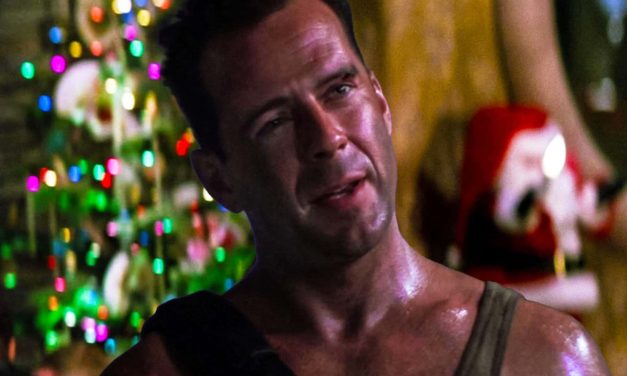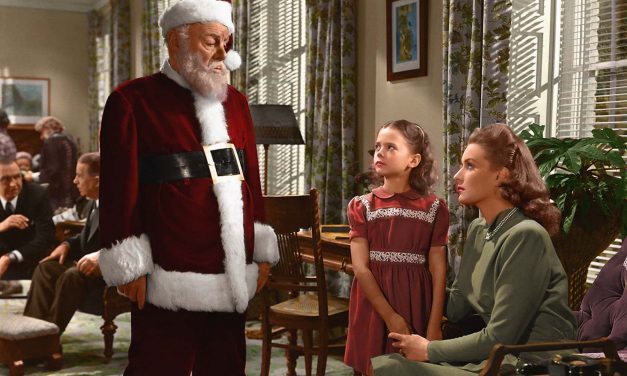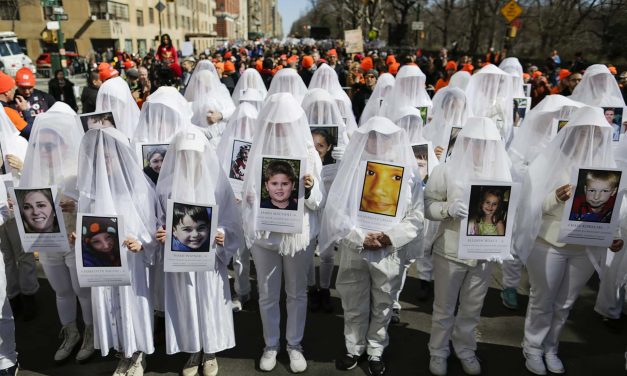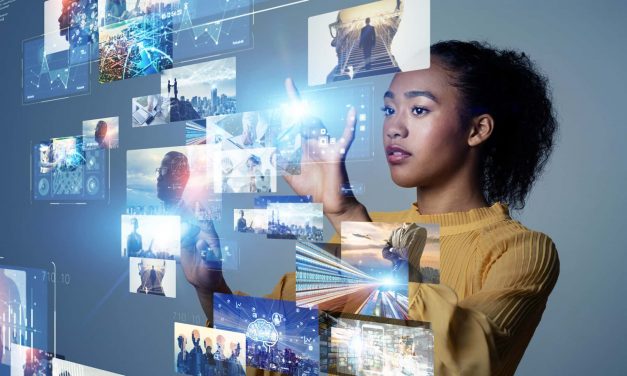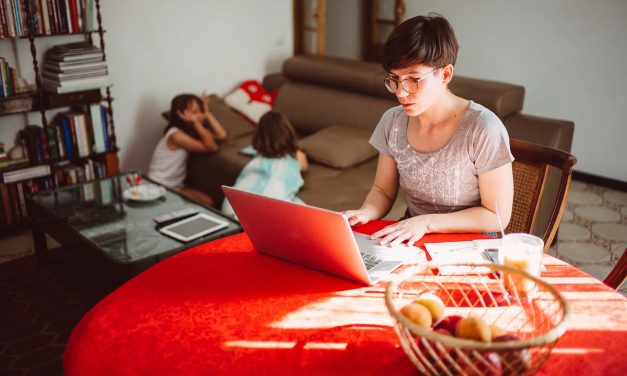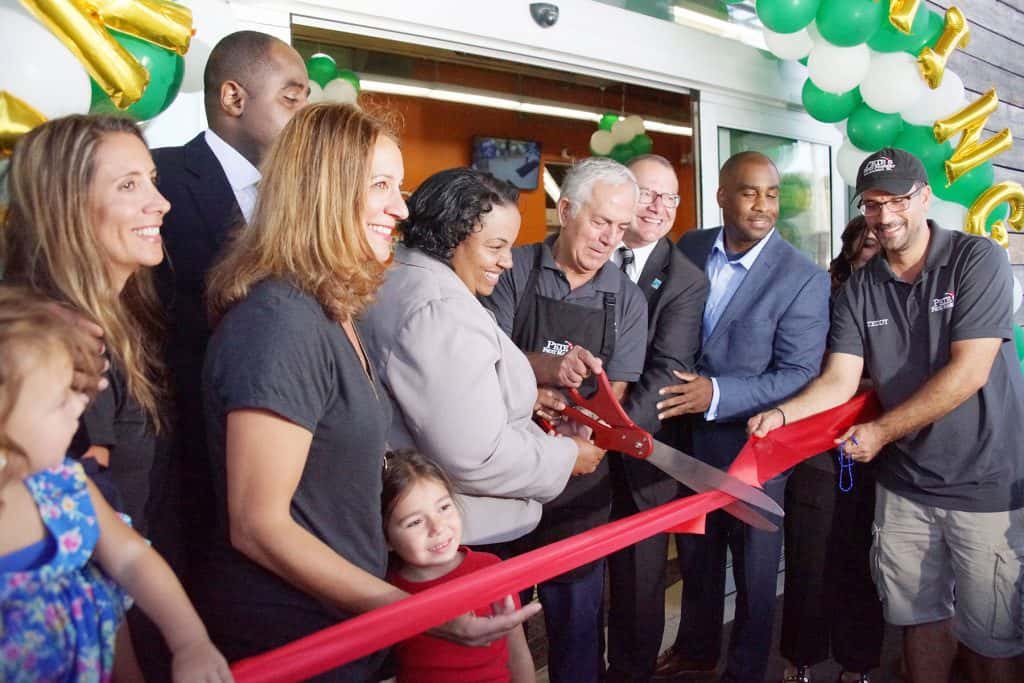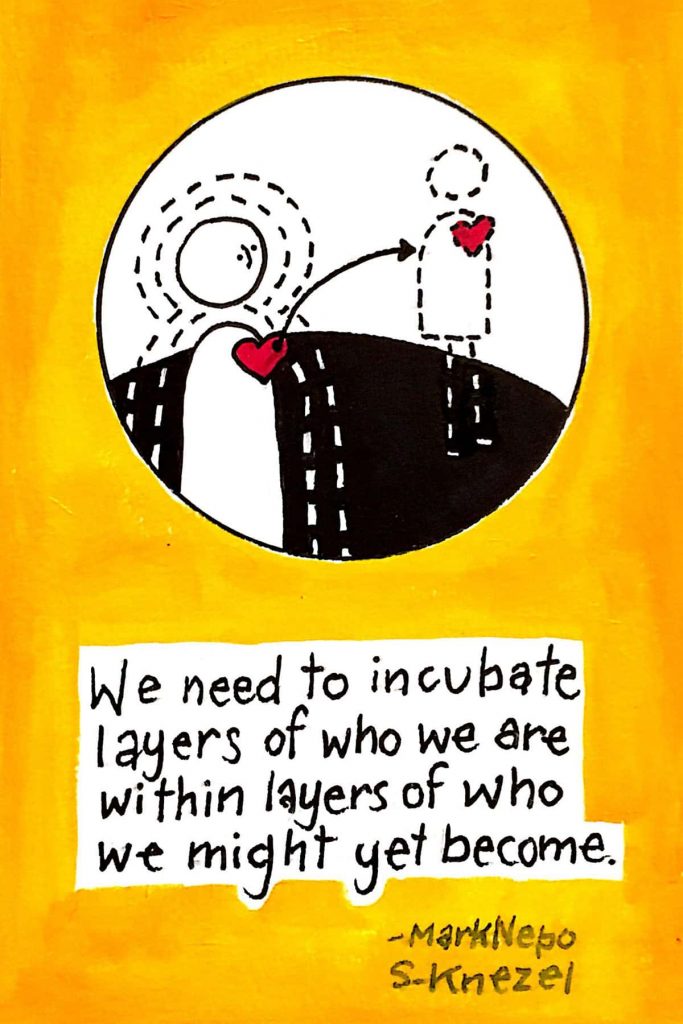A Yuletide Blockbuster: Why the film “Die Hard” is legitimately a Christmas movie
By James Chapman, Professor of Film Studies, University of Leicester It is the time of year for hunkering down to watch a Christmas film with the family, and to hold the annual debate over whether or not “Die Hard” actually counts as one. This debate has now become, in some film history circles, as big a question as to the meaning of “Rosebud” in Citizen Kane or whether Hаn Sоlо or Grееdо shot first in Stаr Wаrs. It is even important enough to warrant a poll from YouGov, which concluded that Die Hard is not a Christmas film. The...
Read More
